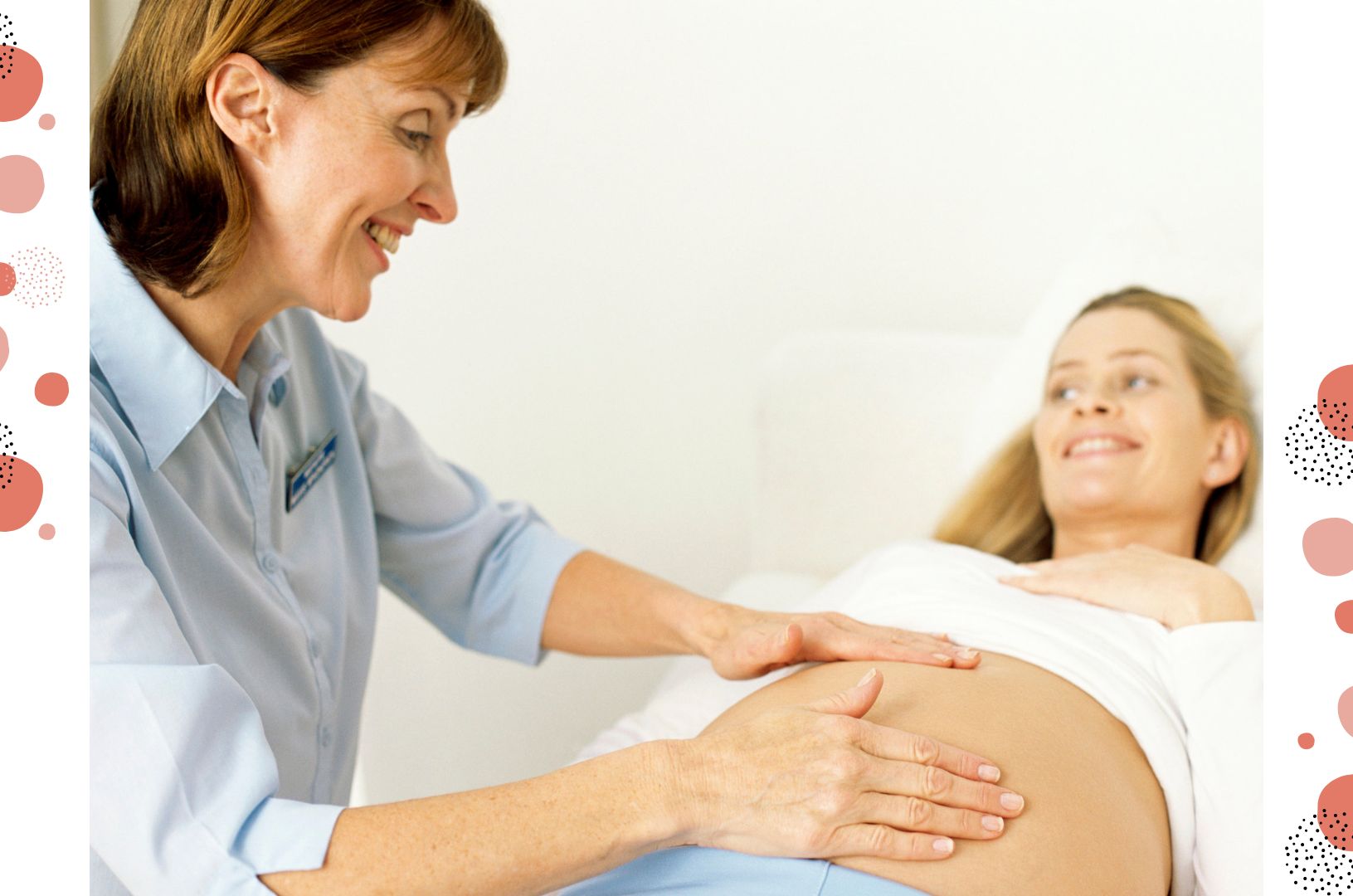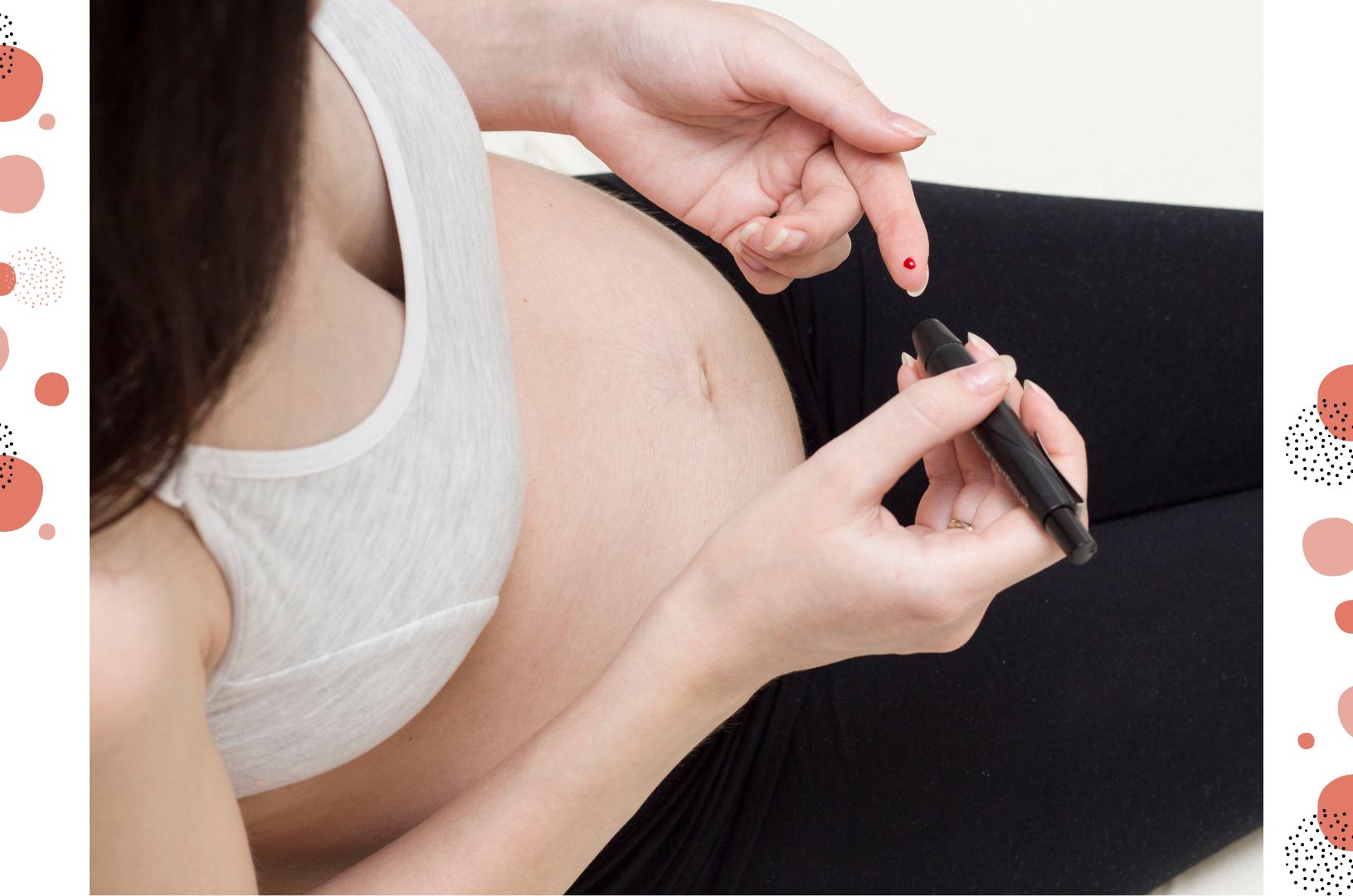
Starting a pregnancy journey may be an exciting and life-changing event. Taking care of yourself and your developing child is crucial when you are expecting a child. We'll go over the fundamentals of pregnancy care in this extensive guide, which will help you through this unique period. We'll cover everything from self-care techniques to diet. With these foundation pregnancy care tips, you can ensure a healthy pregnancy.

Your parental care is vital during pregnancy. Schedule regular appointments and seek guidance from time to time. During these visits, medical specialists can assess your health, monitor the baby's growth, and treat any problems. Attend all of your appointments as planned, ask questions, and inform your healthcare provider of any changes or discomfort you may be feeling.
♦ Read also: Pregnancy's Early Signs: Listen to Your Body and Fuel Your Journey Right

A balanced diet is essential for the growth of your child. Make a point of consuming a range of nutrient-dense foods, such as dairy, whole grains, fruits, and vegetables. Make sure you're receiving enough iron and folic acid, two important vitamins. Expressively ask your doctor about which supplements are best for you. Prepare a healthy pregnancy diet chart that contains all the essential nutrients.

When it comes to caffeine, moderation is essential. Set a limit and be aware of hidden sources, such as some drugs and chocolate. When it comes to potentially dangerous items, such as raw shellfish, unpasteurised dairy, and undercooked meat, you should consume only after consulting with a doctor. To lower the risk of foodborne infections, choose alternatives that are properly cooked and pasteurized.

You and your child will benefit from regular, moderate exercise. Prenatal yoga, swimming, and walking are a few exercises that can help your body get ready for delivery by enhancing circulation and lowering stress. You should always get medical advice before beginning a new fitness regimen.

Emotions run the gamut throughout pregnancy. It's critical to give your mental health priority. Discuss your feelings honestly with your significant other, close friends, or a medical professional. Take up enjoyable hobbies, work on your relaxation skills, and think about joining pregnancy support groups. You can keep a specific journal to write down your emotions and the ups and downs of your pregnancy journey. This step is crucial for pregnancy care as it helps you to keep your emotional health in check.

A developmental superpower for fetuses is folic acid. It helps shield the unborn child from neural tube abnormalities. Before conception, begin taking a folic acid supplement, and keep taking it during the first trimester. Add to your diet foods high in folate, such as legumes, leafy greens, and fortified cereals.

Most women are evaluated for gestational diabetes between 24 and 28 weeks of pregnancy. Lifestyle changes can help control this illness, which can impact both mother and child. Attend your screening visit, and if you are found to be pregnant, collaborate with your medical team to develop a plan for a safe pregnancy.

It's critical to stay hydrated when pregnant. It aids in the prevention of urinary tract infections, constipation, and dehydration. Try to have eight 8-ounce glasses of water or more each day. Keep a bottle of water with you and drink from it throughout the day.

Maintain the prescribed immunization schedule. Certain vaccinations are safe and essential to get during pregnancy, such as the Tdap (tetanus, diphtheria, and pertussis) shot and the flu shot. They guard against potentially dangerous diseases for both you and your child.

It's critical to strike the correct balance between activity and relaxation. Observe your body, notice changes and take pauses as necessary. Make sure you're getting enough sleep, and think about supporting yourself as you sleep using pillows. For the growth of both you and your child, sleep is essential.
Accepting a comprehensive approach to treatment is essential for navigating pregnancy. You may foster a healthy and happy pregnancy experience by concentrating on the ABCs: Antenatal Checkups, Balanced Nutrition, Caffeine and Safe Foods, Daily Exercise, Emotional Well-Being, Folic Acid, Gestational Diabetes Screening, Hydration, Immunizations, and Juggling Rest and Activity. Enjoy the journey of bringing your child into the world and always seek tailored guidance from your healthcare practitioner.
To ensure a healthy and safe pregnancy, a pregnancy diet is a highly essential element. To provide all the required nutrition to the would-be mother, Nushka has introduced a large collection of products that are prepared as per Ayurveda approved method. In the pregnancy phase, Nushka’s exclusive products serve as a powerhouse of nutrition. At Nushka, you will get large choices to select from Ragi laddoo to Oats laddoo.
♦ Read also: Top 10 Foods to Avoid During Pregnancy for a Healthy Baby
In addition to attending prenatal visits and actively participating in pregnancy conversations, husbands should provide emotional support. Be sympathetic and patient, and help out around the house. Learn about the experience of being pregnant, talk honestly, and share the joys and difficulties of this unique period of life.
Because the baby's primary organs grow during the first trimester, this period is critical for the baby's development. All trimesters are crucial, though. While the third trimester is spent getting ready for childbirth, the second trimester is typically seen to be more stable. A healthy pregnancy is ensured by receiving regular prenatal care.